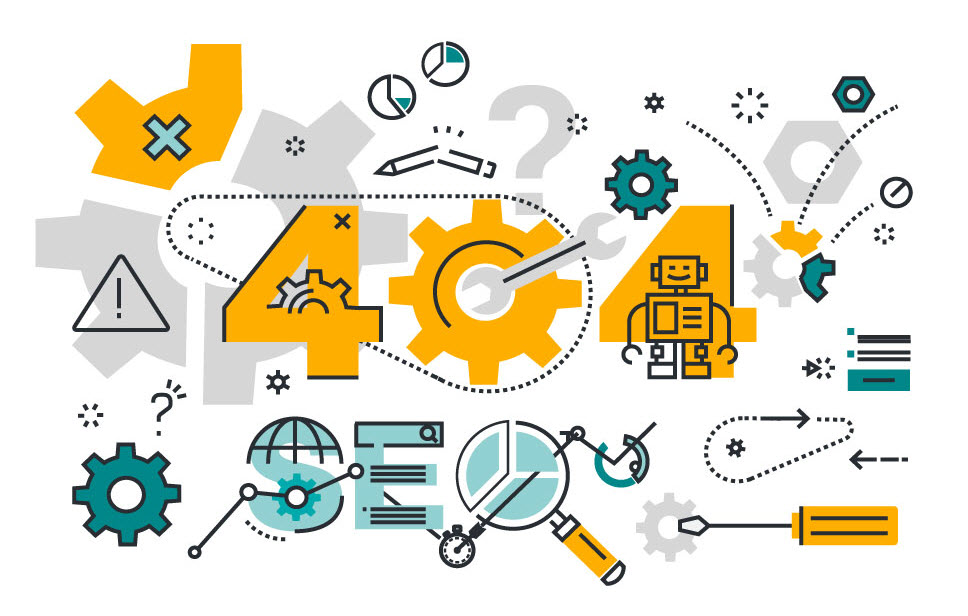Total Productive Maintenance (TPM) is a proactive approach to equipment maintenance that is focused on improving the performance of men and machines across an organization. TPM is particularly applicable for companies both large and small in the manufacturing industry. Production and processing facilities, as well as assembly units, are ideal candidates for TPM implementation. The exercise, however, demands full participation of the entire workforce, ranging from the top level managers to the operators manning each machine/equipment.
Operational efficiency of your small scale manufacturing unit has a direct impact on the bottom line, not to mention the fact that it also affects your abilities to keep the order pipeline full, service current orders on time and eventually earn the trust of customers. Disruptions to the production schedule due to faulty equipment or even total breakdowns tend to prove costly, as you cannot afford any delay in production or defective products, more so being a small business.
Implementing TPM will enable you to minimize, if not totally eliminate, waste in terms of equipment downtime, poor quality output and also enhance the safety aspects of your facility. Hiring the services of a credible and experienced TPM consulting firm will help you understand the significance of proactive, productive maintenance and suitably adapt the approach to benefit from the same.
How Exactly TPM Consulting can make a difference?
TPM consultants and firms have a collective experience of implementing TPM across several companies that they can effectively adapt to address the needs of your company.
Identifying Problem Areas
Being subject experts with Industry knowledge as well, your TPM consultant can easily identify potential areas of improvement in your system during an initial study. Comparing the current processes with those recommended by TPM methodology, they detect and aim to resolve efficiency issues typically in a phased manner, without disrupting shop floor operations as far as possible.
Formulating Solutions
Once problem areas are identified, your consultant assists you in creating suitable solutions to fix the issues and optimize performance. This is a collaborative effort typically between a cross-functional team from the company and the consultant. Small production units can, in fact, get their machine operators directly involved in solving problems for they are people facing the problems on the shop floor and can offer valuable inputs at this stage.
Firms offering consultancy services in TPM, on the other hand, are familiar with the latest industry-specific best practices and can help apply them as deemed fit.
Creating Processes, Guidelines, and Checklists
Opting for TPM consultation can help you and your employees to tweak current processes in tune with industry norms and TPM recommendations. Supported with guidelines to execute the processes effectively and checklists for easier daily operations, your operators/maintenance staff can easily carry out their routine jobs in a speedy and efficient manner.
Training Employees
TPM consulting firms also conduct training programs for employees across the company to make sure they effectively work together and contribute towards the TPM initiative. From basic awareness of the concept to all necessary details that make autonomous maintenance a breeze, TPM training strives to make your operators adept at detecting and rectifying or reporting faults in a timely manner.
Being a small business, it is understandable that you may not have a dedicated maintenance team to address unexpected faults. It makes all the more sense to have your machine operators get trained on maintaining equipment on a regular basis to prevent equipment breakdowns and quickly fix faults if any.
TPM service providers also supervise the execution and follow-up of your TPM program to ensure that operational efficiency across all functions of your organization has noticeably improved.
Eliminating Waste
The TPM program is typically tailored to eliminate/minimize waste in a manufacturing system. All processes in the system right from procurement, order processing, planning and scheduling, inventory to routine administration are fine-tuned/revamped with an aim to achieve zero defects, zero downtime, zero waste, and zero accidents as well.
Improvement in productivity and operational efficiencies become visible as you begin making your processes more relevant and effective.
Being a manufacturing company, your machines must be in perfect health to be truly productive at all time. The Overall Equipment Effectiveness (OEE) of your production facility serves as a measure of its operational efficiency.
OEE is based on the availability of the equipment, how well it functions and the quality of the output that is produced. The goals of TPM directly relate to the three factors that determine OEE.
- Zero breakdowns /downtime /faults mean that machines are available to service orders on schedule.
- Optimal capacity utilization, cycle time and minimum stoppage mean that the system is functioning at its best.
- Zero defects mean that the output meets predefined quality criteria.
A high score on availability, performance and quality parameters definitely mean that the total OEE of the facility is encouraging.
Enhancing the efficiencies of production systems which have been run /managed the same way for ages has its own challenges. TPM puts the responsibility of equipment maintenance on both the operator as well as a maintenance technician, requiring them to work together building on each other’s skills, enhancing the efficiencies of the men and machines in the process.
TPM, while mainly applied to production units, works equally fine when adapted to any office space too, though may not widely experiment with. However, teaming up with a reputed and expert TPM consultant enables you carefully plan and implement a suitable TPM program with realistic goals as it may not be practical to expect an exceptional spike in productivity/performance efficiencies over a short-term.
Do remember that TPM is a continuous process as there is always scope for improvement!




